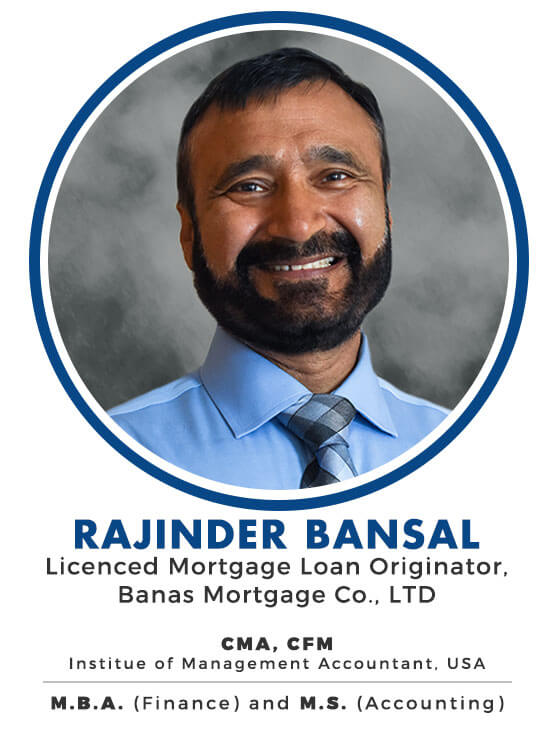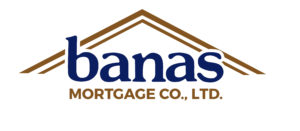
If you are a non-permanent resident on a valid work permit such as H1B, L1A, L1B or O Visa, or an Employment Authorization Document (EAD), you need to be aware of few mortgage guidelines to qualify for Conventional or FHA loan. We will look into some of the basics of qualification today!
To begin, there are two major base qualifications that a broker will look into before anything else can be processed. Any documentation you are able to provide along these will help the process move smoothly and efficiently. The base qualifications are:
- 2 years of employment history in the US (In some cases employment history in a foreign country may be combined, especially if working for the same organization)
- 2 years of credit history in the US (In some cases, a foreign credit history may be combined, especially from a country that maintains similar credit reporting guidelines like Canada)
While there are many resources for learning the ins and outs of qualifying for Conventional or FHA loans as a non-permanent resident, perhaps the most highly referenced and concise version appears in the Fannie Mae Handbook.
Fannie Mae Guideline for qualifying for Conforming (Conventional Loan)
Taken from Fannie Mae Handbook
“Fannie Mae purchases and securitizes mortgages made to non-U.S. citizens who are lawful permanent or non-permanent residents of the United States under the same terms that are available to U.S. citizens. Fannie Mae does not specify the precise documentation the lender must obtain to verify that a non-U.S. citizen borrower is legally present in the United States. The lender must make a determination of the non-U.S. citizen’s status based on the circumstances of the individual case, using documentation it deems appropriate.”
What this means is most lenders would require a valid copy of the potential buyer’s work visa. Additionally, if the visa is expiring within a one year period, a letter from the employer may be required indicating intent to apply for extending the visa. For some lenders, EAD is not a valid document for a conventional loan. Therefore, if you plan on getting on an EAD and can still maintain your work visa – this may be the best bet. Want to know more about this or have specific questions? We’re always happy to help!
Now let’s move on to FHA loans. Should you desire to apply for an FHA loan, there are slightly different requirements involved in this process.
Qualifying for an FHA Loan
Taken from FHA Handbook
“FHA insures mortgages made to non-permanent resident aliens provided that the borrower is eligible to work in the United States, as evidenced by an Employment Authorization Document (EAD) issued by the USCIS.
If the EAD will expire within one year and a prior history of residency status renewals exists, the lender may assume that continuation will be granted. If there are no prior renewals, the lender must determine the likelihood of renewal, based on information from the USCIS. Note: Borrowers residing in the U.S. by virtue of refugee or asylee status granted by the USCIS are automatically eligible to work in this country. An EAD is not required.”
So, per FHA guidelines work visas are not enough. In the case of FHA loan application, an EAD is required. That being said, there is the possibility that some lenders might make an exception for a Work Visa, but most won’t. Therefore, proper EAD is the safest way to secure a loan qualification.
We at Banas Mortgage understand your immigration status, the loans you will qualify for and lenders who work best for you. Very few lenders have the same expertise with non-permanent resident borrowers as we do!
So call or email me at rbansal@banasmortgage.com or call us at 716-633-5888 today to set up a phone or in-person appointment to get started on your home buying process.
About the Author
Raj Bansal (NMLS# 1611630) has received multiple accolades and titles in his time in the mortgage industry. After cultivating a career in the banking system, Bansal is happy to directly assist the Buffalo community as a Mortgage Loan officer at Banas Mortgage Co.




